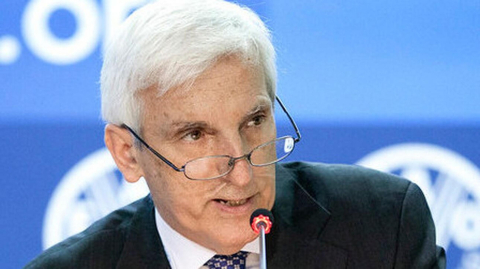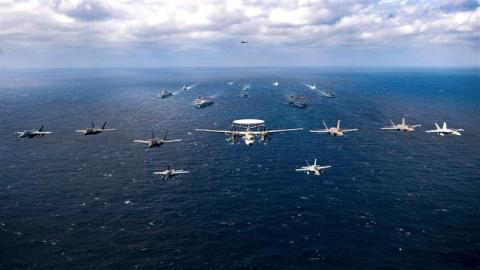
Practical information
As part of the Center for Energy at Ifri, a seminar with Anthony Livanios, CEO of Energy Stream CMG, Christoph Van Agt, Senior Fellow, Clingendael Internationa Energy Program, Netherlands, et Maciej Wozniak, Independent Energy Expert, Poland.
Chaired by: William C. Ramsay, Senior Advisor of the Center for Energy at Ifri and Jacques Lesourne, Chairman of the Scientific of the Center for Energy at Ifri.
Last November the Nord Stream project opened its first pipeline capable of providing 27,5 bcm of Russian gas to the Northern European market. Part of the TEN-E program, this new pipeline represents a strategic step for Europe in securing supply from alternatives routes.
But is this a true diversification, either for Russia or the EU? Will another route for Russian gas to Europe reinforce dependence or ease security of supply concerns?
Russian gas represents already almost 40% of EU"s gas imports (or 70% of Russia"s gas exports). From an Eastern European point of view, the pipeline will transport gas to the Czech Republic diverting continental gas flows through Poland and other countries in the energy community. While 55 bcm can flow through Nordstream to the European market by the end of the project, one wonders where Gazprom is going to get this gas.
If Russian gas production does not increase, alternative sources will have to be found. Gazprom faces several options: increase Russian production, divert its gas from other pipelines so as to fulfill Nord Stream capacity, or tap into central Asian resources.
This conference will address the following questions: what is the evolution in the security of supply strategy of Eastern and Southern Europe? What are the available Russian resources and the alternatives for Gazprom? What is the current situation of the Caspian resources and what developments might we expect in the next years?
Other events
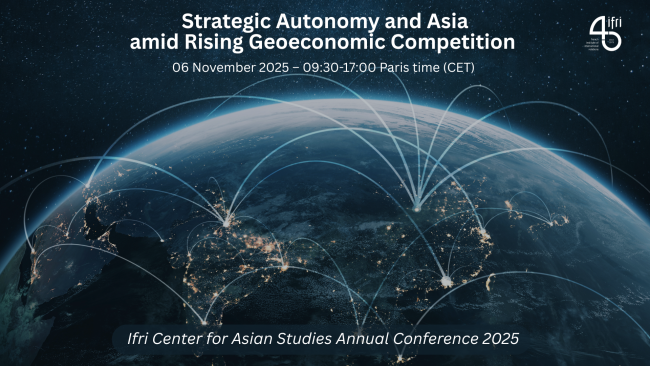
Strategic Autonomy and Asia amid Rising Geoeconomic Competition
Amid growing strategic and geopolitical uncertainty, Europe is grappling with the notion of its strategic autonomy. For Europe’s partners in Asia, the concept is also becoming increasingly salient as the world enters an era of structural transformation.
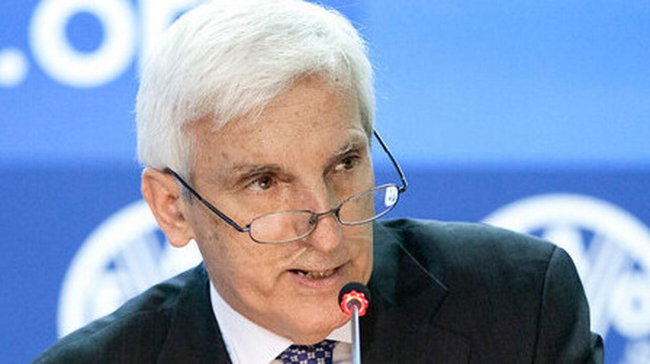
Europe’s Southern Courtyard and Southeastern Neighborhood: The Greek Perspective
Greece stands at the crossroads of Europe’s southern flank, the Balkans, and the Eastern Mediterranean, a pivotal position for regional security and stability.
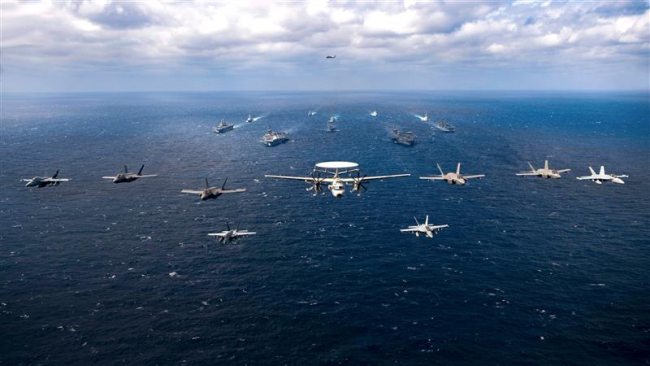
Navigating the Taiwan Strait Tensions: Perspectives from Japan, the Philippines, and France
As tensions continue to rise in the Taiwan Strait and discussions grow about hybrid frictions potentially escalating into a kinetic conflict in the coming years, neighboring countries are bracing for impact. Japan and the Philippines would be on the front lines if a crisis were to erupt in the Taiwan Strait.






